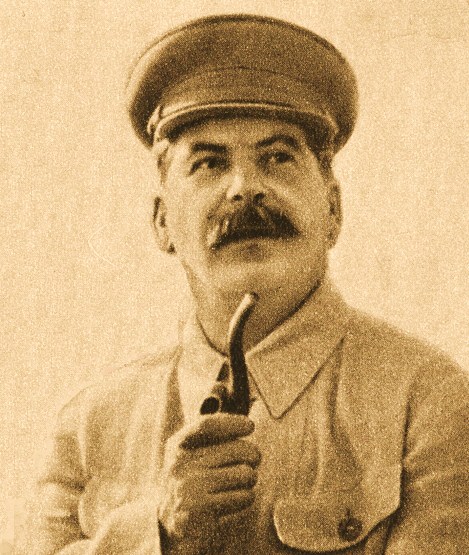Joseph Stalin was not a peasant in the classical Russian sense of the term but his origins were certainly mean. Like most who claw their way to the top of a political machine he had no scruples about how he used the machine’s members and no dedication to its principles – self aggrandisement and consolidation of power were his only guiding lights. While we tend to think of the Soviet State in terms of a single personality from Lenin to Putin the truth of the matter is that each leader has had a set of apparatchiks to do their bidding. We have illustrated this entry with members of Stalin’s Politburo – many of whom survived him – but only one of who succeeded him – the true Russian peasant Khrushchev. All of these men served 20 years or more and while most are unknown to us they embody the proof that even tyranny can not exist without administrators.
Based on previously unavailable documents in the Soviet archives, this book illuminates the secret inner mechanisms of power in the Soviet Union during the years when Stalin established his dictatorship. Khlevniuk focuses on the top organ in Soviet Russia’s political hierarchy of the 1930s — the Political Bureau of the Central Committee of the Communist Party — and on the political and interpersonal dynamics that weakened its collective leadership and enabled Stalin’s rise.
Khlevniuk’s research challenges existing theories of the workings of the Politburo and uncovers many new findings regarding the nature of alliances among Politburo members, Sergei Kirov’s murder, the implementation of the Great Terror, and much more. The author analyzes Stalin’s mechanisms of generating and retaining power and presents a new understanding of the highest tiers of the Communist Party in a crucial era of Soviet history.















